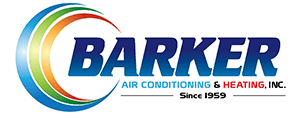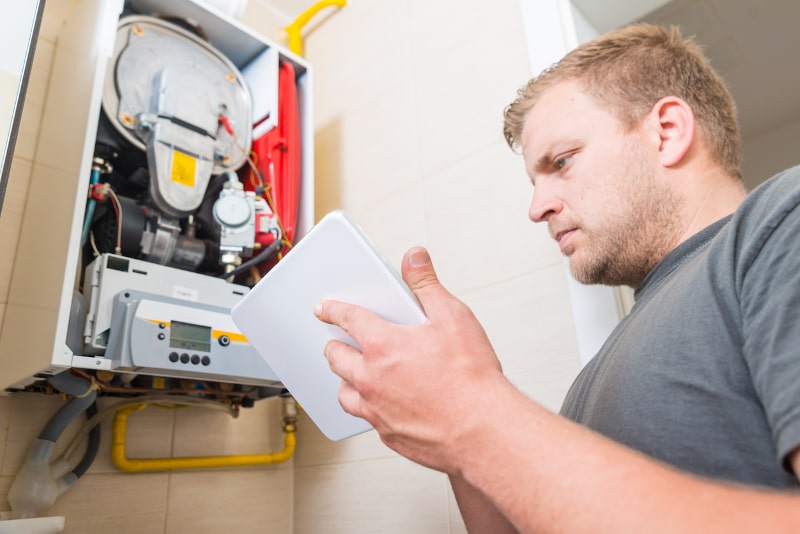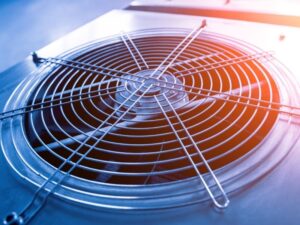Strange noises, unusual odors and a failure to produce sufficient airflow are telltale signs that your HVAC system needs service. If your system abruptly shuts off in the middle of winter, you might have to tolerate cooler temperatures until help arrives. Fortunately, here are some tips that can help prevent HVAC emergencies in your Sebastian, FL, home:
Improve Airflow
Dust, pollen and particle buildup can lead to weak ventilation, clogging your filters and potentially forcing dirty air through the system. Your HVAC system has to work harder to push air through the debris. Eventually, your system might shut off altogether to avoid overheating.
To improve ventilation, open closed vents and remove furniture or appliances that obstruct them. Use exhaust fans in the kitchen and bathroom to help push dirty air outside, and make sure your HVAC system is the right size for your house. Consider investing in an air purifier that removes allergens and particles.
Use Thermostat Settings Wisely
Modern thermostats have energy-saving modes that help reduce the strain on your system. When you’re out of the house, the thermostat can lower your home to a cooler temperature. Before your chosen time to return, the thermostat starts gradually warming your house, greeting you with comfortable temperatures when you arrive.
You could also invest in equipment that divides your house into zones, each with its own thermostat. Instead of heating your entire house, you’ll heat your living space and leave the other zones cool. This saves energy because you’re only warming or cooling the areas in use.
Additionally, choose the “Auto” setting instead of “On.” The “On” setting runs the fan continuously even when it’s not producing heat, which uses more energy. “Auto” ensures that the system only runs when it’s warming or cooling your house.
Insulate Your House
When hot air escapes through cracks, your HVAC system works harder to compensate. Check your home for drafts and use weatherstripping to seal cracks around your doors and windows. Heat also escapes through glass, so cover your windows with insulation film or invest in double- or triple-pane glass.
Remove Debris
Routinely check your outdoor unit for branches, dead leaves, gravel and other debris that might interfere with the equipment. Remove obstructions and rake around the area to keep it clear. Similarly, trim your nearby foliage so that it produces less debris.
Dirt and pollen also build up on outdoor units. Clean your unit regularly so that it continues supplying your house with fresh, unobstructed air.
Clean Vents and Filters
Dirty vents and filters limit the airflow, gradually wearing down your system. Clean or replace air filters and check your vents for dust, dirt and grime buildup. Ideally, you should aim to replace your filters every 30 to 90 days.
Watch for Warning Signs
If your HVAC system struggles to reach your preferred temperatures, don’t increase the heat even more. This adds strain to equipment that’s already warning you that it can’t handle the workload.
Likewise, pay attention to burning odors, abrupt shutdowns, continuous cycling, warning messages on the screen and other indicators that your system has issues. Acting quickly could prevent a serious breakdown.
Schedule HVAC Maintenance
Maintenance appointments take care of tasks that are unsafe for homeowners to attempt. During maintenance visits, service technicians inspect your system, tighten loose parts, perform calibrations and test your equipment to catch small issues before they become larger problems. The team also recommends ways to run your system more efficiently, reducing your environmental footprint and lowering energy bills.
We offer 24/7 emergency services throughout the year, with same-day service when available for non-emergencies. If an emergency strikes, contact Barker Air Conditioning and Heating for our quality HVAC repair services.
Image provided by iStock









